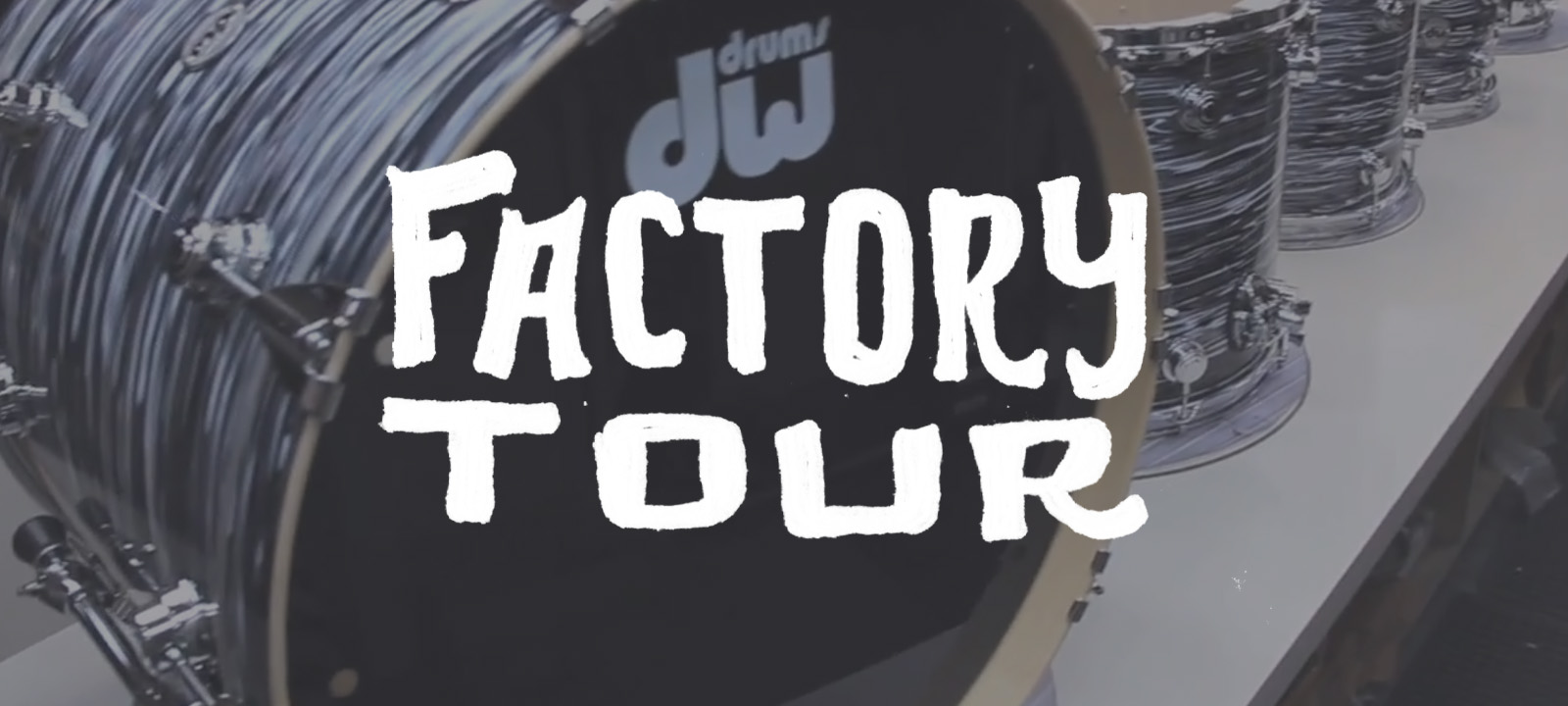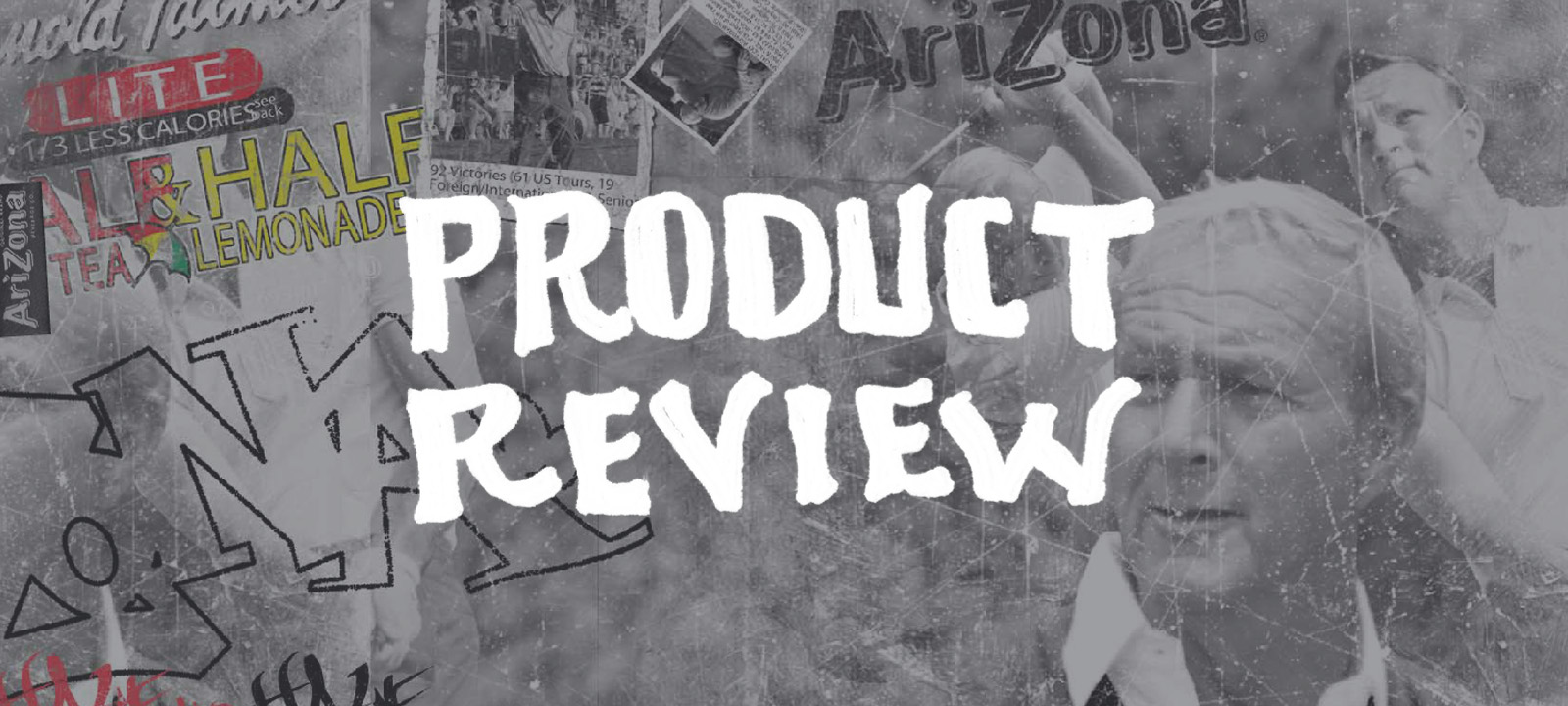Today’s interview is with Paul Balzer, Vice President of Supply Chain at Coffee Bean & Tea Leaf. Mr. Balzer brings nearly 30 years of experience with sourcing and manufacturing from companies like Baskin Robbins and Carlson Restaurants Worldwide. The video above is a short clip and 1 of 5 that Coffee Bean put together showing their process.
Can you tell us a little about yourself and how you came to the position you hold at Coffee Bean & Tea Leaf?
I graduated Fresno State in 1993. My degree is business administration with an emphasis in what is called LOM: logistic/operations management. The reason that they called it LOM is because the term ‘supply chain’ really didn’t exist. The buzz-words sort of change over the years. The bottom line is that my emphasis is in Supply Chain, exactly what I have been doing. I’ve been doing this for 29 years, in one form or the next. When I was in city college, I worked in a machine shop doing production work. That’s what influenced me to choose my emphasis. I’ve worked for some small company and some large. I worked at Frito-Lay in the 80s (PepsiCo) and then Baskin Robbins for 12 years. At Baskin Robbins I was director of manufacturing and then director of global logistics. Some other positions have been with Pick up Sticks Restaurant, where I was director of Supply Chain there for about 3 years. I’m in my 7th year here at The Coffee Bean and Tea Leaf as Vice President of Supply Chain.
Compared to the buyer at Best Buy or an apparel buyer at Macy’s, I don’t have quite the experience that those folks have in off-shore buying, because they’re almost 100% off shore. One of the big things that we purchase from overseas here at Coffee Bean & Tea Leaf is in the single-serve machine business. Most all household appliances are made off shore.
What goods does Coffee Bean and Tea Leaf manufacture or process here in America? What factors determine where your coffee is roasted, or products like mugs and in-store goods are produced?
As far as the Coffee Bean and Tea Leaf goes, our Coffee and Tea of course are all grown and bought off shore. That’s the nature of the product. Machines, cups, tumblers – these are the items where I have a choice. Coffee and Tea, there are no options. Not counting raw materials, the majority of items where we have a choice (which is apparel for the stores, retail merchandise, small electrical appliances) we buy about 25% made in the USA. However our main product, Coffee and Tea are American made in the sense that everything is converted (roasted) here in the USA. One thing we sort of hawk and are proud of is that all of our coffee and tea, our signature items, we ‘re-manufacture’ here.
What are the key factors a company considers when they source a factory, or manufacturing center, to produce their goods? Does sourcing manufacturing for global companies like Coffee Bean & Tea Leaf and Baskin Robbins change the criteria when choosing a factory, in comparison to a domestic-based organization?
There are four main factors. In no particular order: price, quality, ethics/social responsibility, and service. Service is a broad spectrum. What is the price? Where is the factory? Is it in LA or is it in RI, where it comes in on rail? Should we sort something off-shore or domesic? The biggest and only reason to manufacture off-shore is price. I make that clear because working with China is not easy. Different laws, limited control, long lead time with freight. There are a ton of things that when compared to working with U.S. factories are undesirable. We all know that there are major issues there; the whole lead thing with toys for example. Other than for the price, why in the world would you subject yourself to all of the difficulties? Because almost everybody does it, you almost have to. We got into the single serve machine business and it comes down to cost. It’s a very good deal for the customer and they’re always demanding more. To compete with that, you can only, ONLY, buy them from overseas. The reality is the American Consumer is upset that we’re exporting jobs, but everybody [also] wants a VCR for $19. You almost have to buy from there to be competitive. You take porcelain mugs, ceramic mugs, plastic tumblers. They’re dirt cheap, half the price, coming from China, landed here. When we want to sell them for $4.99, we don’t want to buy them for $3.50, we want to buy them for $1.50. That’s kind of the reality.
When I’m looking at a partner and if they can compete, local is better. If you can run your truck over to pick up a sample, or hop on a quick plane flight and have a face to face meeting, those are all upsides. We’re huge on choices of vendors. We’re huge on what the treatment of the folks who work on our farms. We have been to every farm and are very big on the treatment of people. So when we switched to start buying appliances from China, for example, I took a tour of the factory to make sure it’s something that we’re proud of. I never want to put the company in jeopardy because of something a factory could be doing.
Back to the Made in the USA, think about WalMart. Sam Walton actually wrote a book about 20-30 years ago called Made In America. Back then their company was founded on stuff that was made in America. Now you never hear about that because hardly anything there is made in America. What’s interesting now is that there’s not a huge stigma about things made in China or Malaysia because almost everything, especially the things you wear, are made overseas. There’s not as much of a stigma about having things made over there but it’s a huge selling point when you can say that something is made and bought here.
What’s the one factor that will have the biggest impact on keeping things made in the USA?
It’s a good question. Any time Donald Trump is flapping his mouth on Celebrity Apprentice, he’s talking about the Chinese manipulation of currency. He’s absolutely correct. They have an absolute reason to keep that currency low. Which is not very good for their people. But it’s great for the competitiveness of the country and the country is all about the profit. The other thing is that, comparatively speaking; it’s not a good lifestyle. People come from the countryside and they live in those factories. That’s why all the factories are closed for Chinese New Year, they all go back to the farms to celebrate with their families. Those people, as much as China is trying to control it, are getting better education and are starting to demand better wages. Their wages are going up and I think the labor wages are going to wreak havoc on the Chinese prices. If we did hold them more accountable and it was a level playing field, it would give US factories more of a chance to compete. You also have to remember that we have to land it here. Especially if it’s a high-volume item, freight isn’t a huge problem, but it’s time and logistics. I think that Americans would then pay a little more knowing that they’re supporting the US economy. A lot of companies are putting up the good fight. I recently went to a million square foot plant in Visalia, CA where they make cups. They’re very efficient. It’s down to the milli-cup-second. There’s no room for any fat. There’s no room. There’s another one in Chicago. They make sleeves that go around cups. They’re another one who have total modernization and they’re doing java jackets and they’re competitive. That’s in an old labor, over-regulated place like Chicago and they can compete.
Awesome. Thank you so much Mr. Balzer for your time and perspective!


